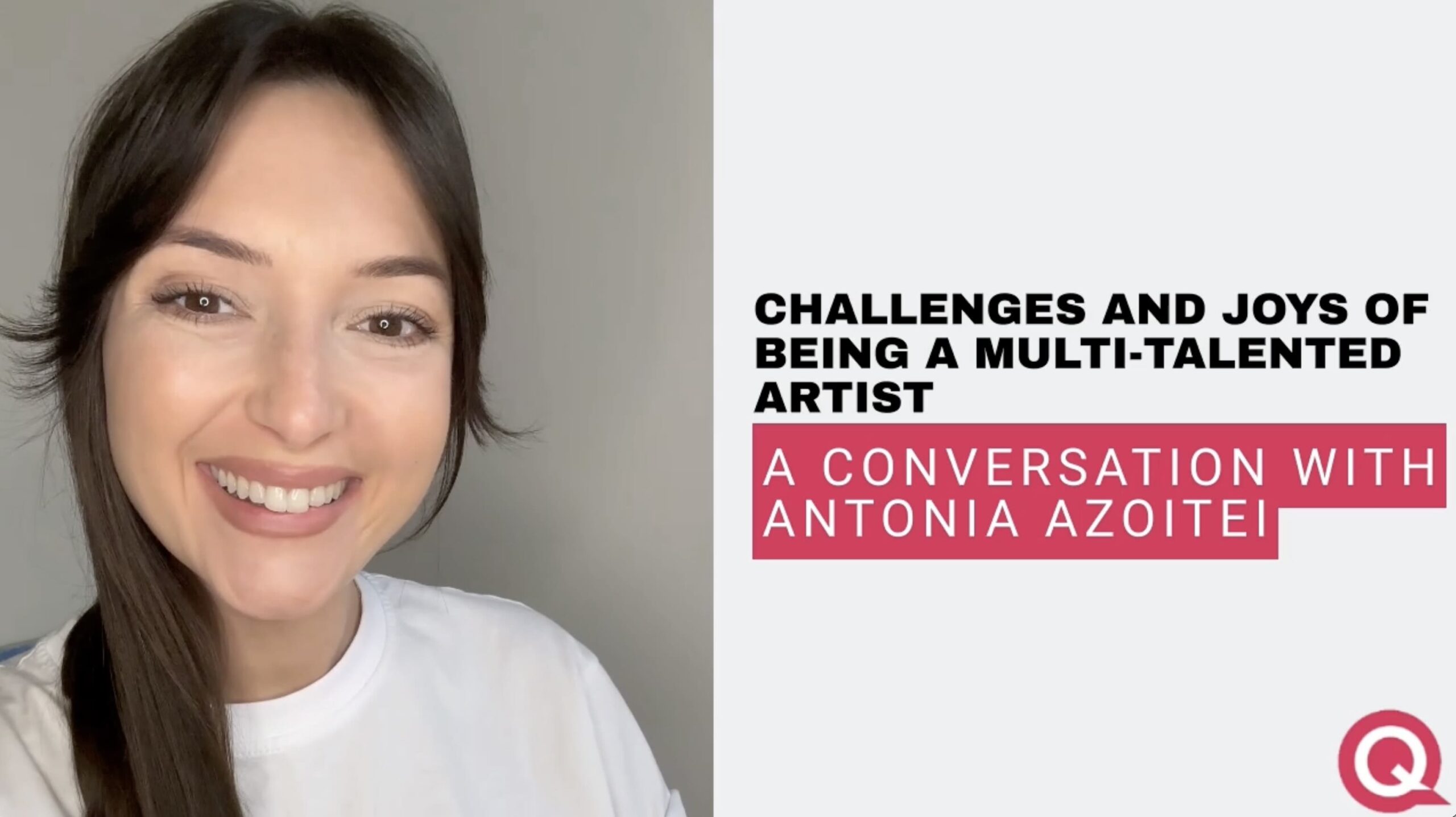5G in Africa: What’s its potential, Selasi Ahorlumegah?
Naa Oyoe Quartey
With its fast speeds and revolutionary potential, 5G stands out as a noteworthy milestone in the field of […]

The announcement was made during this week’s Qatar Economic Forum (QEF) in Doha, where Qatar’s Minister of Finance, Ali Al Kuwari, and the IMF’s Managing Director and Chairwoman, Kristalina Georgieva, were present.
The world’s two greatest challenges are poverty reduction and addressing climate change risks according to Georgieva who expressed gratitude, “I welcome the very important pledge, announced by Qatar today, of 20% of its Special Drawing Rights (SDR)”.
Special Drawing Rights (SDRs), an international reserve asset created by the IMF in the late 60s to supplement the official reserves of its member countries, were introduced as a tool to address the limitations of relying solely on traditional reserve assets, such as gold or national currencies. Their primary purpose is to provide liquidity for member countries that can use them to settle international transactions and contribute to the stability of the global financial system.
Explaining how the Qatari pledge helps the developing world “The contribution to the PRGT will allow the IMF to continue to provide zero-interest loans to the world’s poorest countries in these difficult times”. Countries defaulting on their debt can destabilize the global financial market.
With a record number of developing countries facing a debt crisis the Qatari gesture was as timely as it was important. In Africa alone, Tunisia, Egypt and Ghana are struggling with Zambia striking out as the first African nation to default on their debt during the COVID-19 pandemic.
An example to follow as Georgieva suggested, “Qatar’s generosity and leadership are sending a strong signal of the value of solidarity with those most in need. I call on other countries that can afford to do so to show commitment to our vulnerable countries”.
The Qatari minister emphasized the unique uncertainties faced by the global economy, including geopolitical tensions, high inflation, growing debt vulnerabilities, rising poverty, and inequality. The pledge made by Qatar supports the IMF’s Poverty Reduction and Growth Trust and its Resilience and Sustainability Trust (RST).
In December, the IMF had highlighted that low-income countries were disproportionately affected by the “shocks” of the pandemic and the conflict in Ukraine, which led to a weak and uncertain global economic environment, issuing a cautionary outlook for a third of the world’s economy. The body also acknowledged that Qatar enjoys a dynamic economic environment and commended its role in supporting global economies. Qatar maintains a positive economic outlook thanks to significant growth driven by the demand for liquefied natural gas (LNG).
The Qatar Economic Forum, held at the newly opened Fairmont and Raffles Hotels in Lusail, serves as a platform for extensive discussions among local and international diplomats and business officials. The forum aims to address the latest global economic challenges and pave the way for a new “growth story.”
Qatar’s Prime Minister and Foreign Minister, Sheikh Mohammed bin Abdulrahman Al-Thani, inaugurated the event with a speech emphasizing the capability of human beings to overcome challenges and achieve economic growth, despite the obstacles faced by economies globally.

With its fast speeds and revolutionary potential, 5G stands out as a noteworthy milestone in the field of […]

Let me take you on a captivating journey through my intriguing conversation with Antonia Azoitei, a versatile artist […]